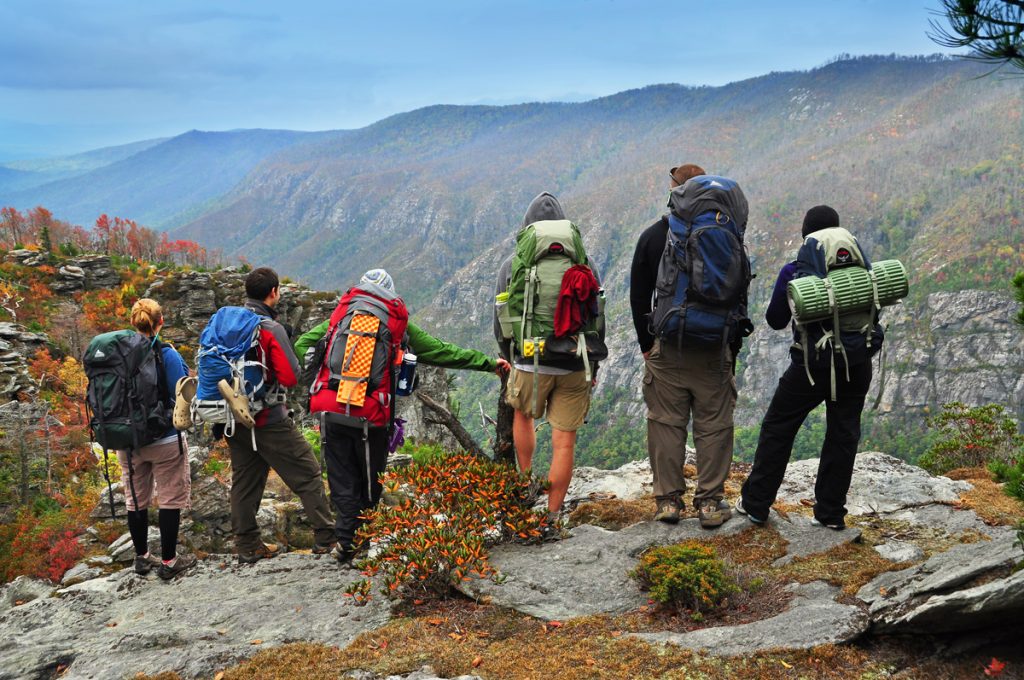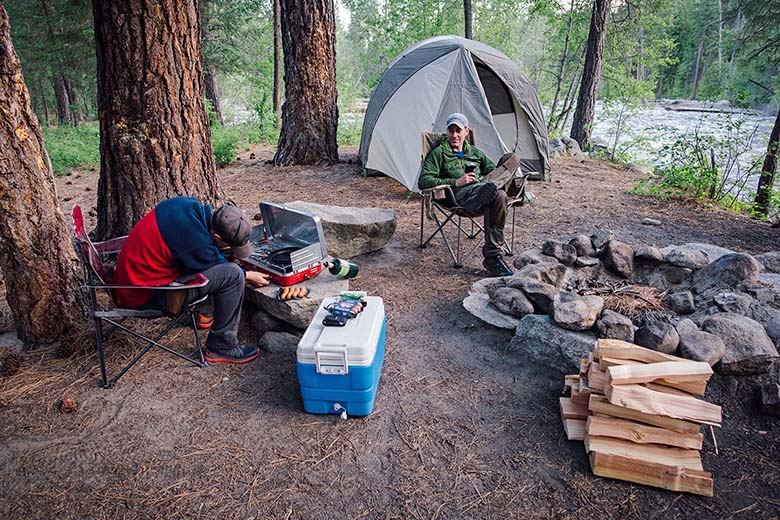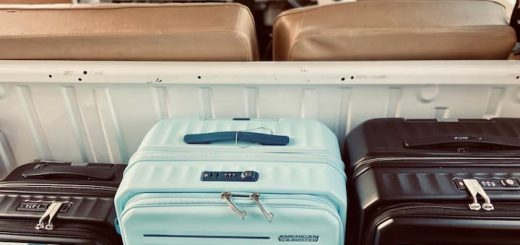Preparing Your Gear for Hiking Tales: A Much Expected Journey
Whether you live in the city or the suburbs, you are probably spending way too much time indoors. Even taking an occasional stroll around your neighborhood or in the park doesn’t come close to a hike in the backcountry. Whatever your reasons for hiking are, whether you are looking to lose some weight, breathe some fresh air, reduce stress, enjoy nature, or you need some adventure in your life, hiking is an experience that delivers almost immediate rewards.

First of all, hiking is healthy. It offers a way to be physically active which means you can lose weight, stay fit, reduce heart disease, slow down the aging process, and so on. It also offers a number of mental health benefits by reducing stress and anxiety. The more you hike, you will develop more stamina, skills, and feel more comfortable in nature. And unlike any other sport, hiking is super simple. The learning curve is practically non-existent since hiking is just an extension on something you do every day – walk. So, if you haven’t done it before, I am sure you will have no problem in getting the hang of it. You can control the intensity of the workout and maintain a pace that fits you
As far as gear goes, although there is a list of essentials that you should have in your inventory the moment you step into the backcountry, all those items are fairly cheap and don’t even come close to the money you have to spent before you can enjoy most of the other sports. Aside from the pair of good hiking shoes, you can get most of your gear online without spending too much money or effort. So here is the basic hiking camping gear you need to gather before venturing forth.
Hiking isn’t just walking aimlessly in the wild. There are usually preset trails and destinations and you need to know how to navigate them so you don’t get lost and eaten by wild dingoes. A map and a compass will do just fine, if you know how to use them, otherwise you can just use some high-tech GPS navigation. However, a map and a compass can’t run out of batteries, they are lightweight and really easy to master.
You will also need some sun protection since you’ll be spending a lot of time exposed to UV rays. So get a pair of glasses, some sunscreen, and some light-weight sun-protection clothing. But also have in mind that the weather can change dramatically over a short period of time. It can get chilly, wet, or windy in no time and having some extra layers of clothing for additional insulation is necessary.

Illumination is another essential piece of your gear. One of the more popular hiking camping gear items is a headlamp. Headlamps are small, compact, lightweight, they have long battery life, but what is more important is that they allow hands-free operation. It doesn’t hurt to pack some additional illumination like flashlights and lanterns since they are more powerful and can be very useful for signaling in case of an emergency.
A first aid kit is a must and I don’t need to explain why. Anything can happen while you are hiking and the fact that you are far from civilization means that you have to be prepared for any scenario.
When you are heading into the wilderness you must have the means to start a fire. You can pack some waterproof matches or just some regular ones in a waterproof container. You should also have a firestarter such as some dry tinder, a candle, or something that can sustain fire longer than just a few seconds and it should also be tucked away in a waterproof container such as a plastic bag.
A knife and a multi-tool can be really useful in the wild. They are great for quick repairs, opening cans, preparing food, first aid, setting up tents, and so on. A good multi-tool should have at least one foldout blade, a screwdriver, can opener, and foldout scissors. Any extra feature is always welcomed.
When it comes to nutrition and hydration it is always best to have food packed for at least an extra days worth. Make sure you include some simple meals that don’t require preparation and have long storage times such as energy bars, nuts, dried fruits, and so on. You also need to have at least one water bottle and some means of treating water, either a filter or chemical treatment. Am before you start your travel try to identify the possible water sources in the area.
And finally, you need to pack some form of emergency shelter, whether it’s a tent, a tarp, a space blanket, even a large plastic trash bag is better than having nothing.






